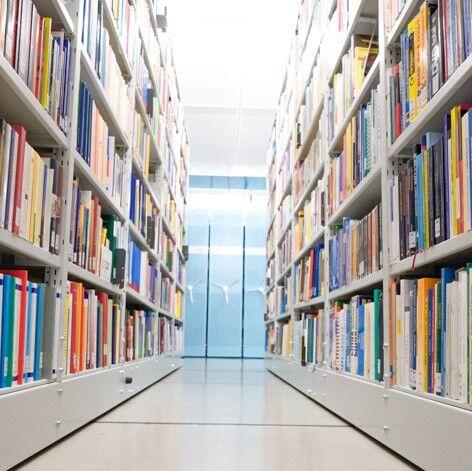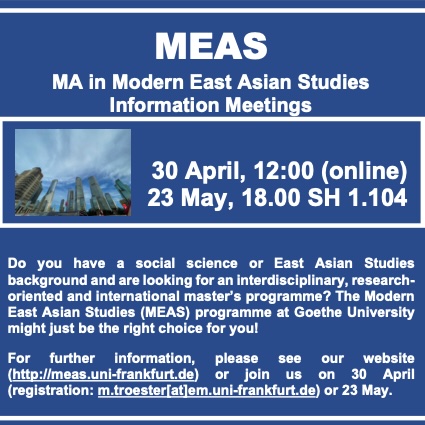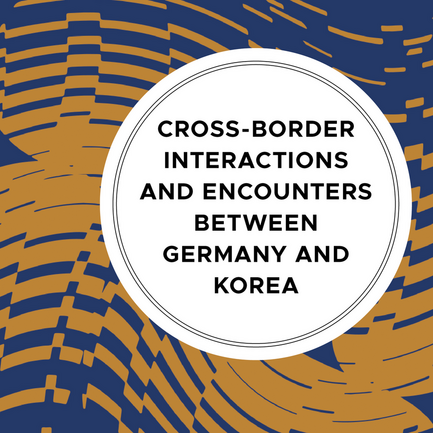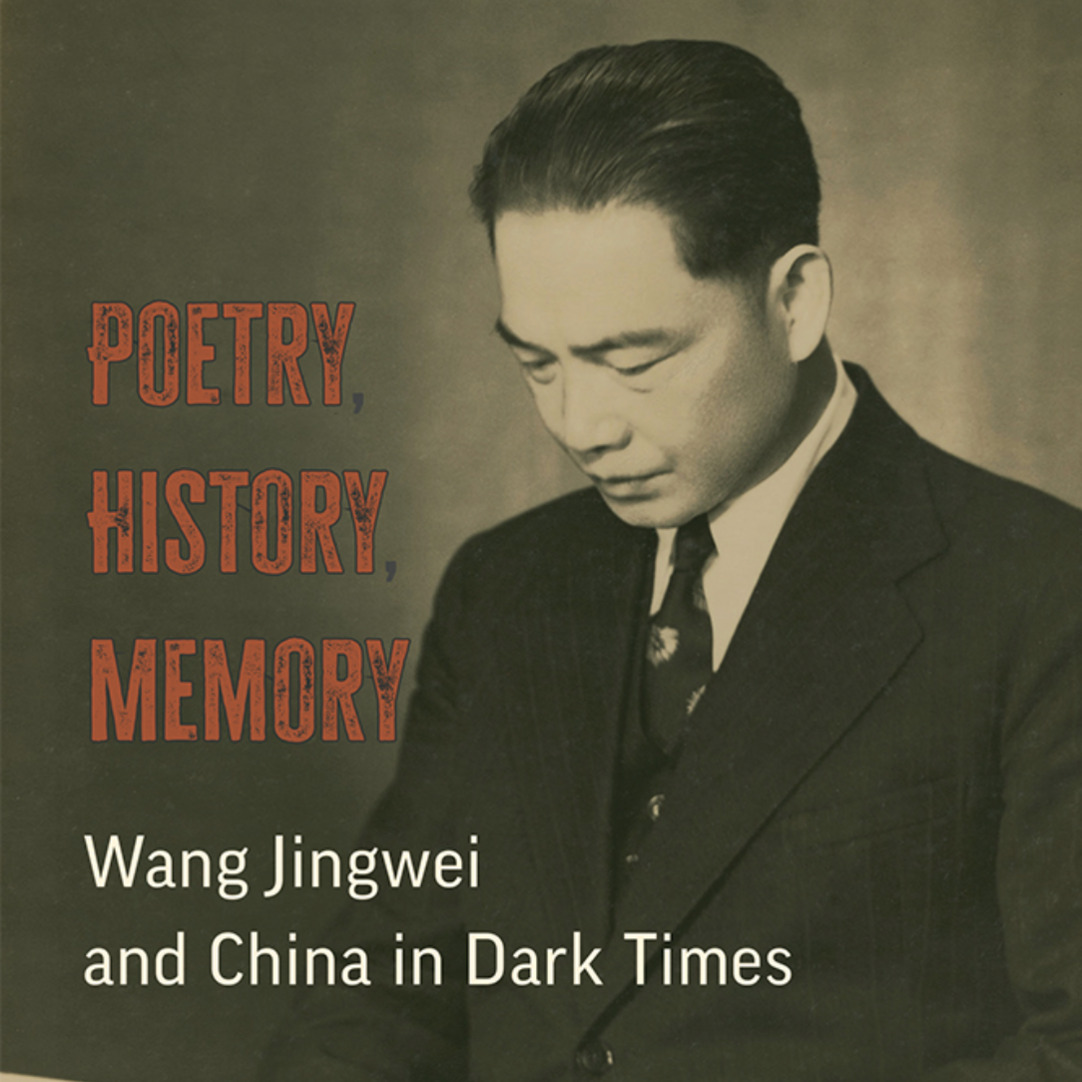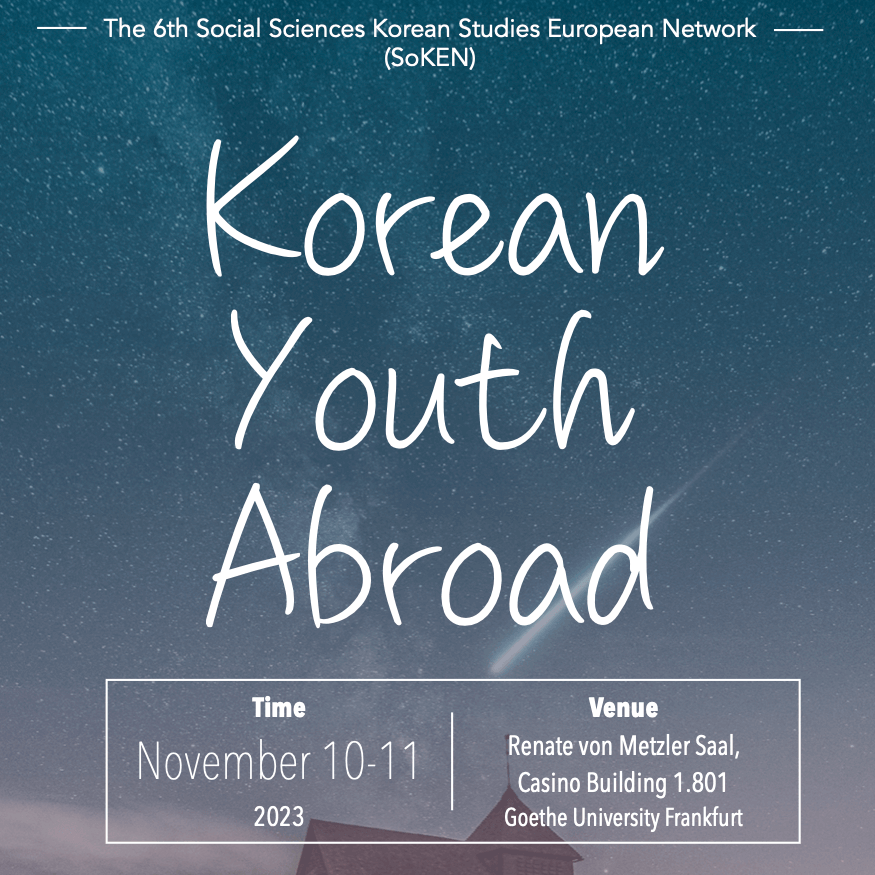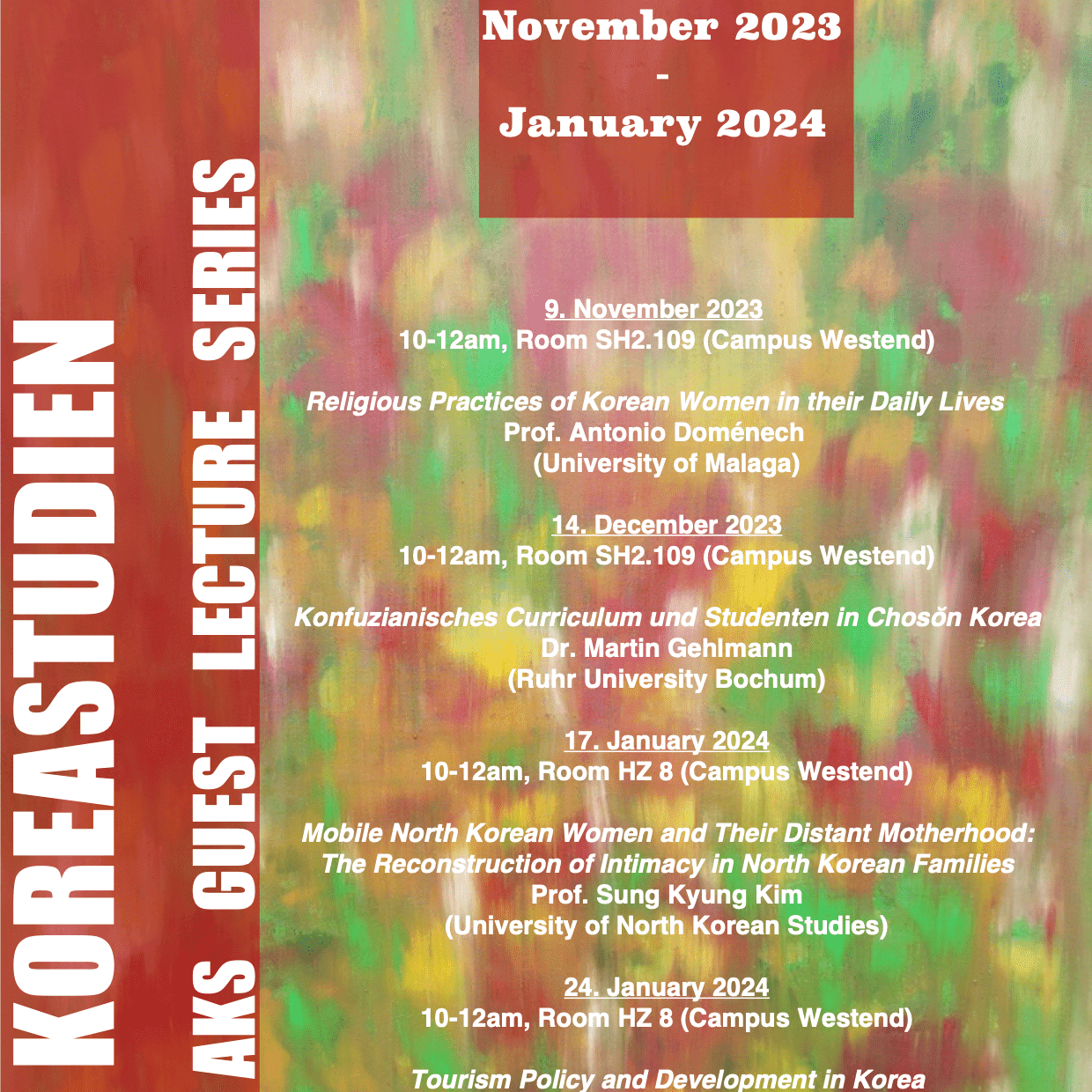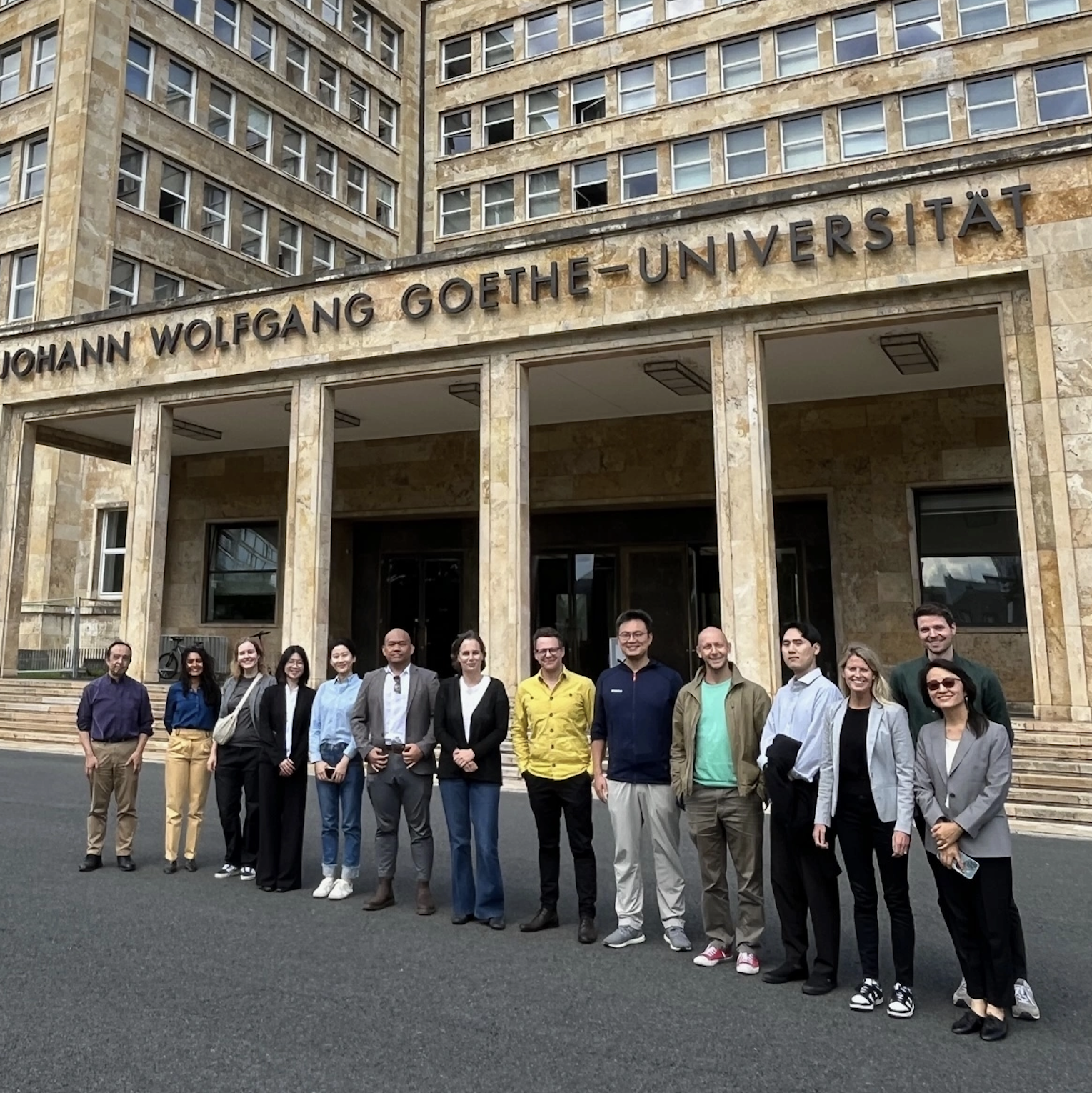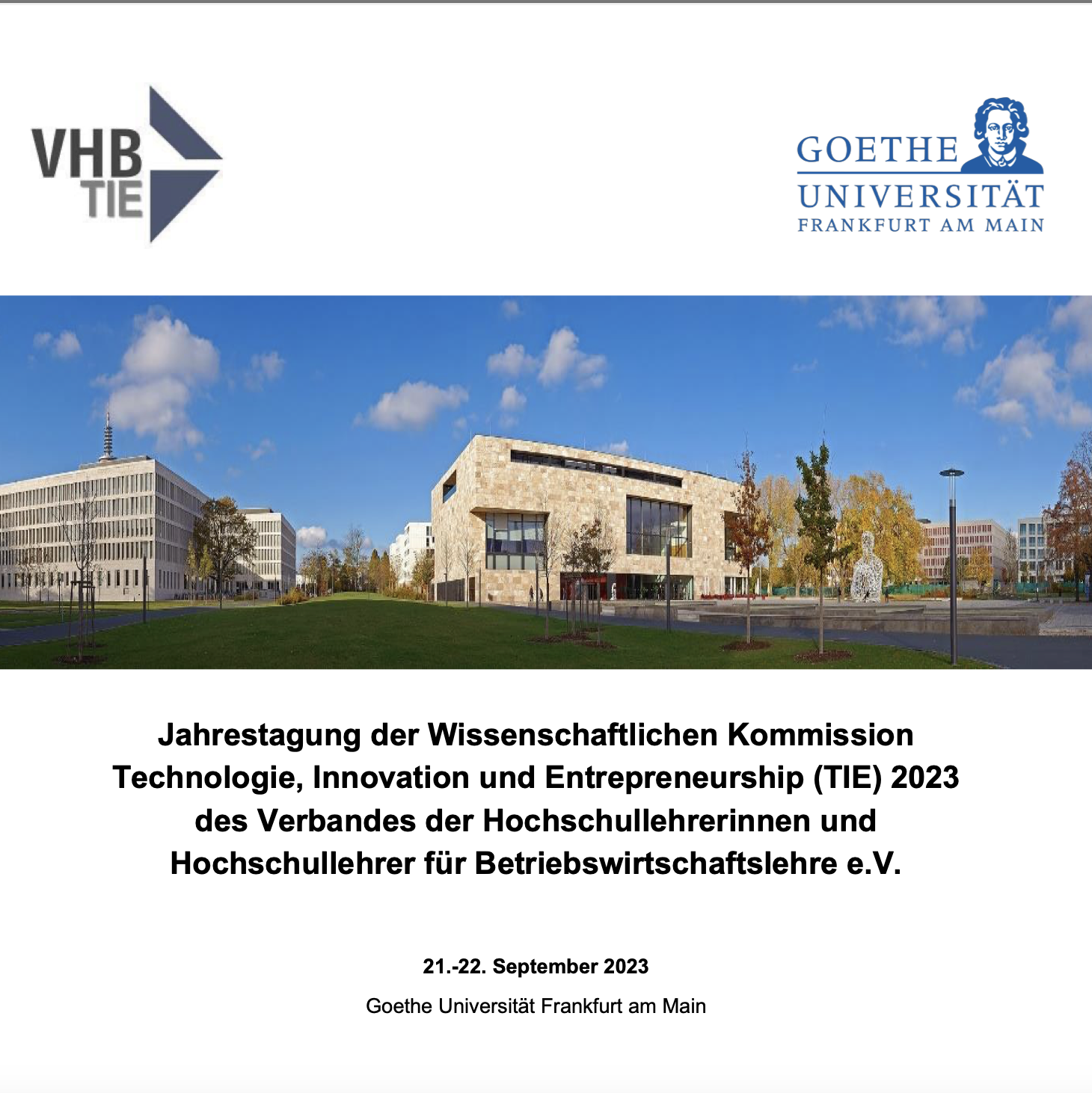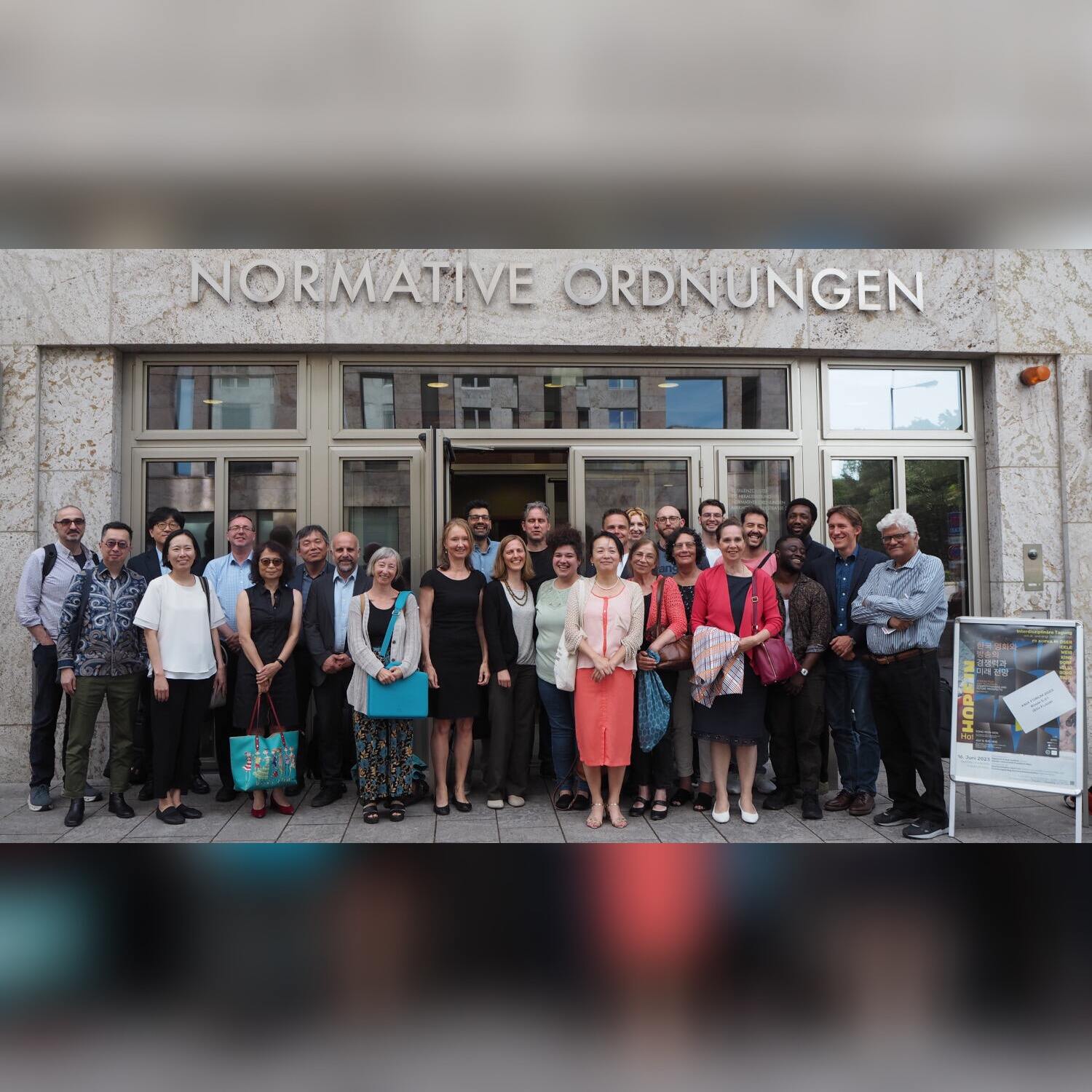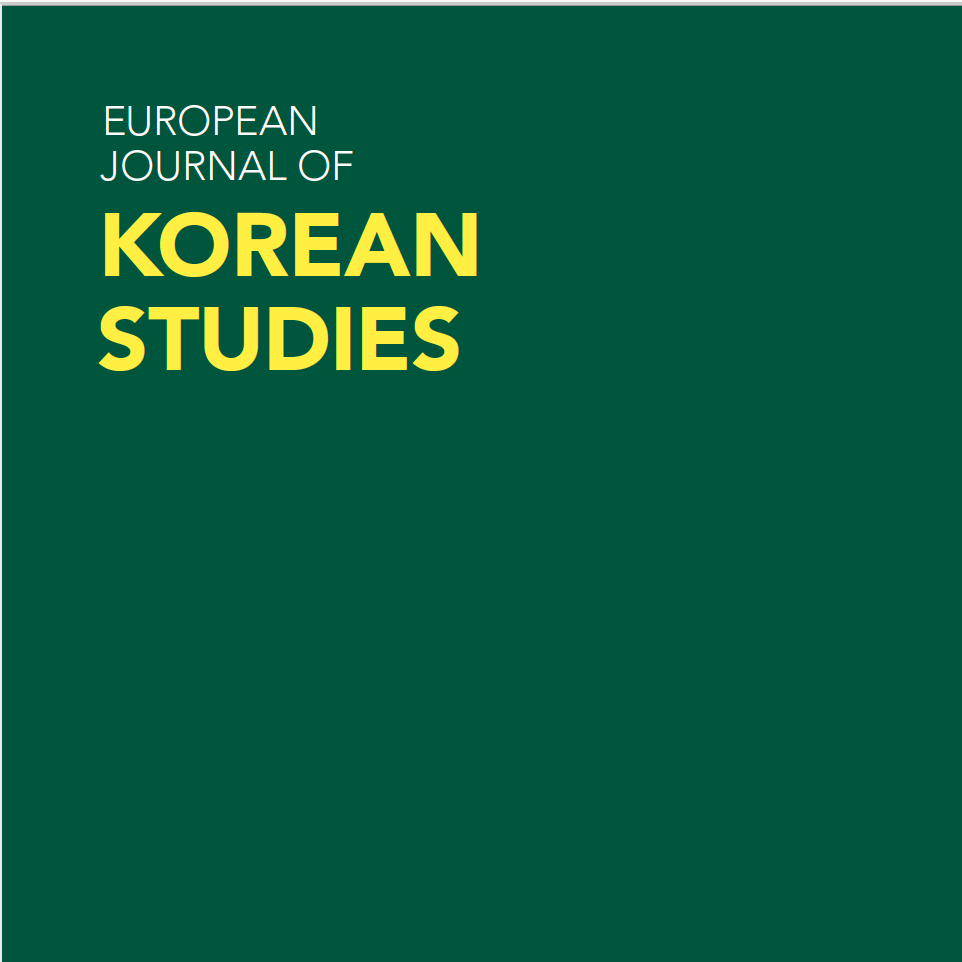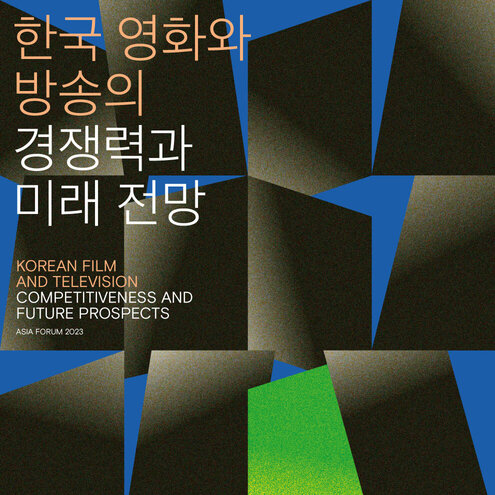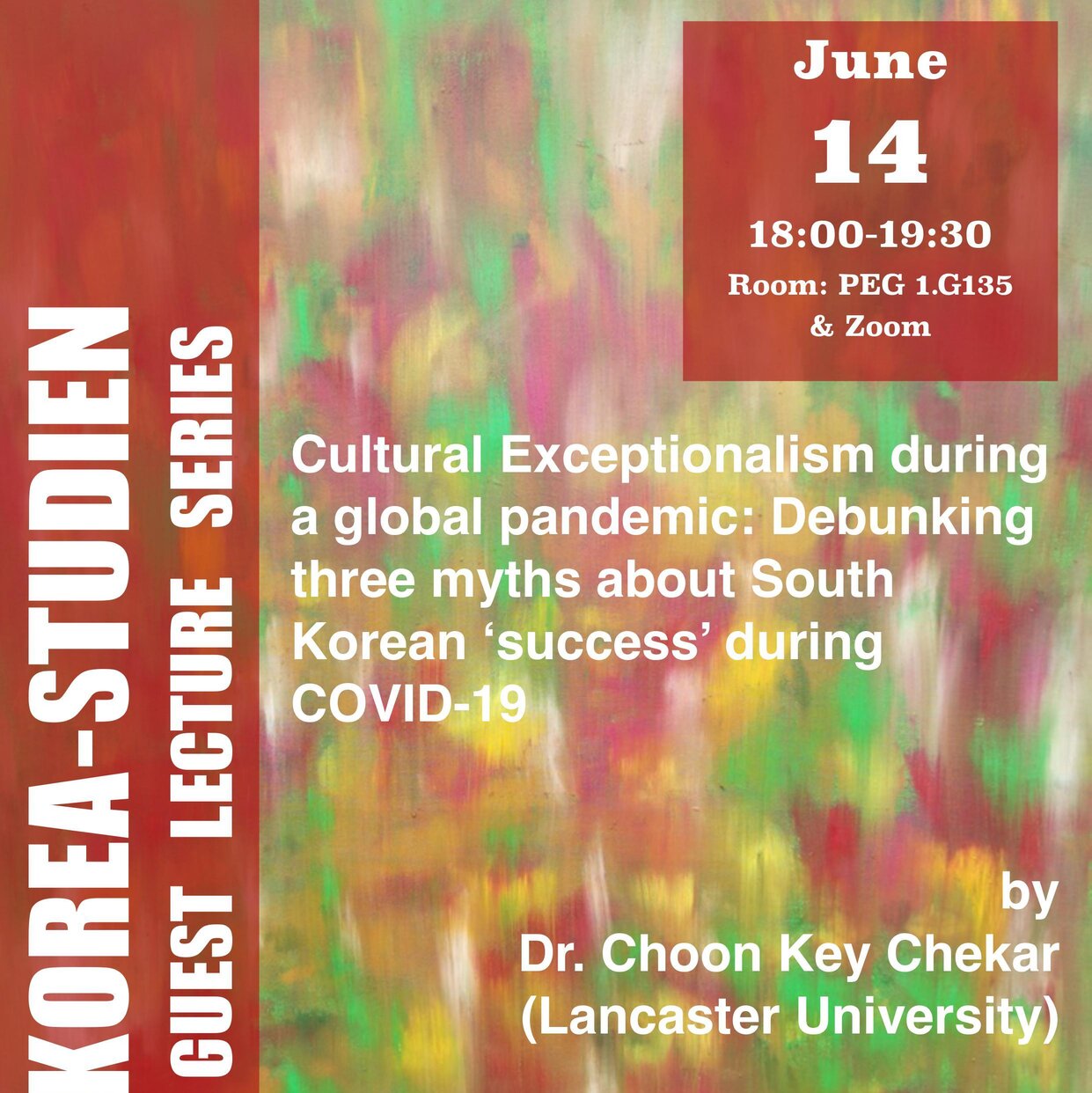News – Current Research

on IZO events and publications.
on IZO events and publications.

on IZO events and publications.
on IZO events and publications.
Search for all News
Current Research
Current Research, December 2021
Cornelia Storz Analyses the Chinese Ecosystem of Technology Transfer.
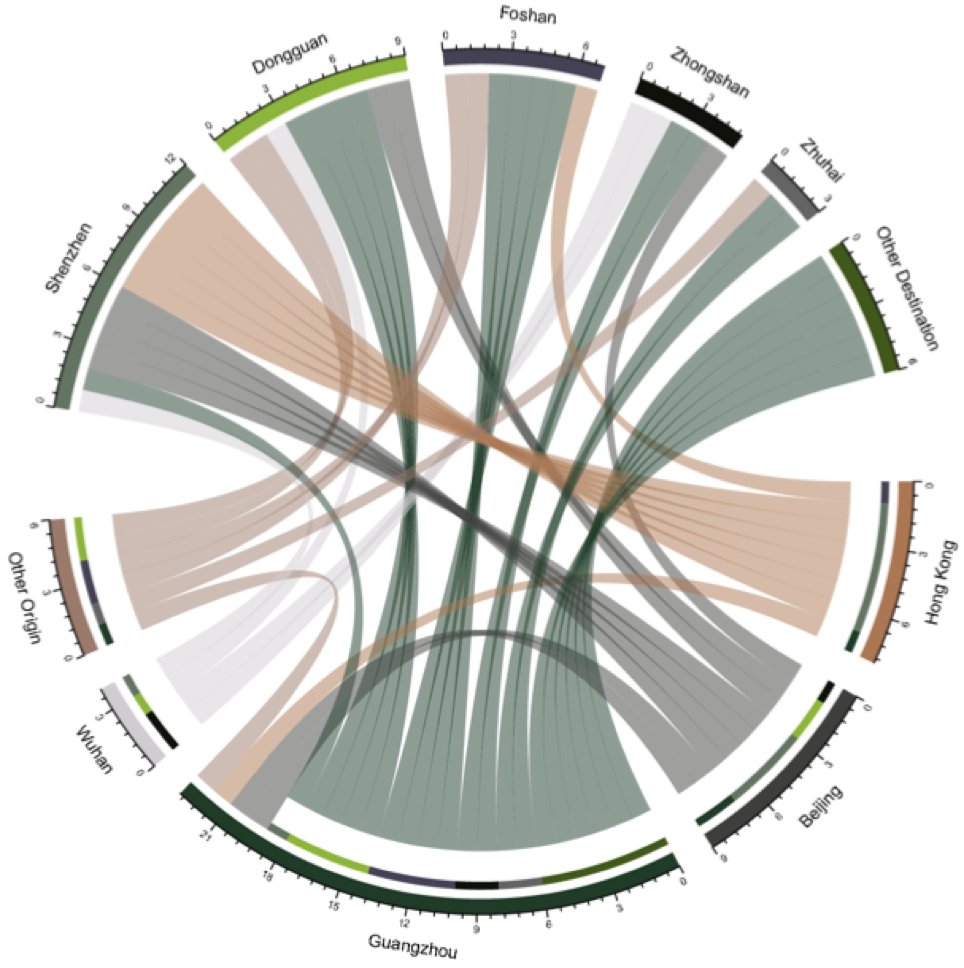
In November 2021 Cornelia Storz, together with Marcus Conlé, Henning Kroll and Tobias ten Brink, published an article in the Journal of Technology Transfer (JOTT). Technology transfer in Europe and Asia is a subject that receives much attention, especially from an economic and political perspective, because interesting transfer mechanisms have developed in these contexts. One instance is the University Satellite Institutes (USI), which feature large in China. Prof. Storz and her co-authors take a closer look at this contributor, which has been largely overlooked, taking as an example the situation in the Chinese province of Guangdong.
In the context of IZO research on Global East Asia, this project identifies an important mechanism largely neglected in innovation research, namely institutional proximity which helps to successfully implement technology transfer. This mechanism is shown to be of equal relevance to any successful innovation policy in our part of the world. JOTT was chosen advisedly for the publication of this article because of the journal's interest in both failed and successful policies of technology transfer. The article is an open access publication and is available under DOI (see below).
Current Research
Current Research, November 2021
Heike Holbig and Bertram Lang Scrutinise China’s Influence on Global Civil Society.
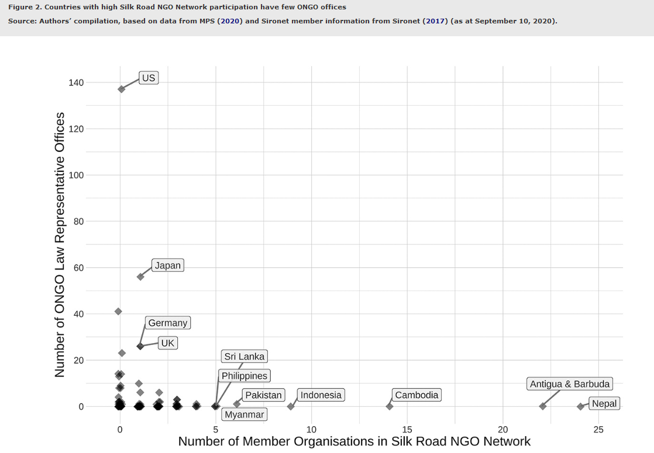
Involved IZO Researcher(s):

Political Science with a Focus on Chinese and East Asian Area Studies

Academic Coordinator
(IZO and CEDITRAA)
Current Research
Current Research, October 2021
Arndt Graf Examines Malaysia's Growing Role as a Hub for Research, Teaching and Industry 4.0.
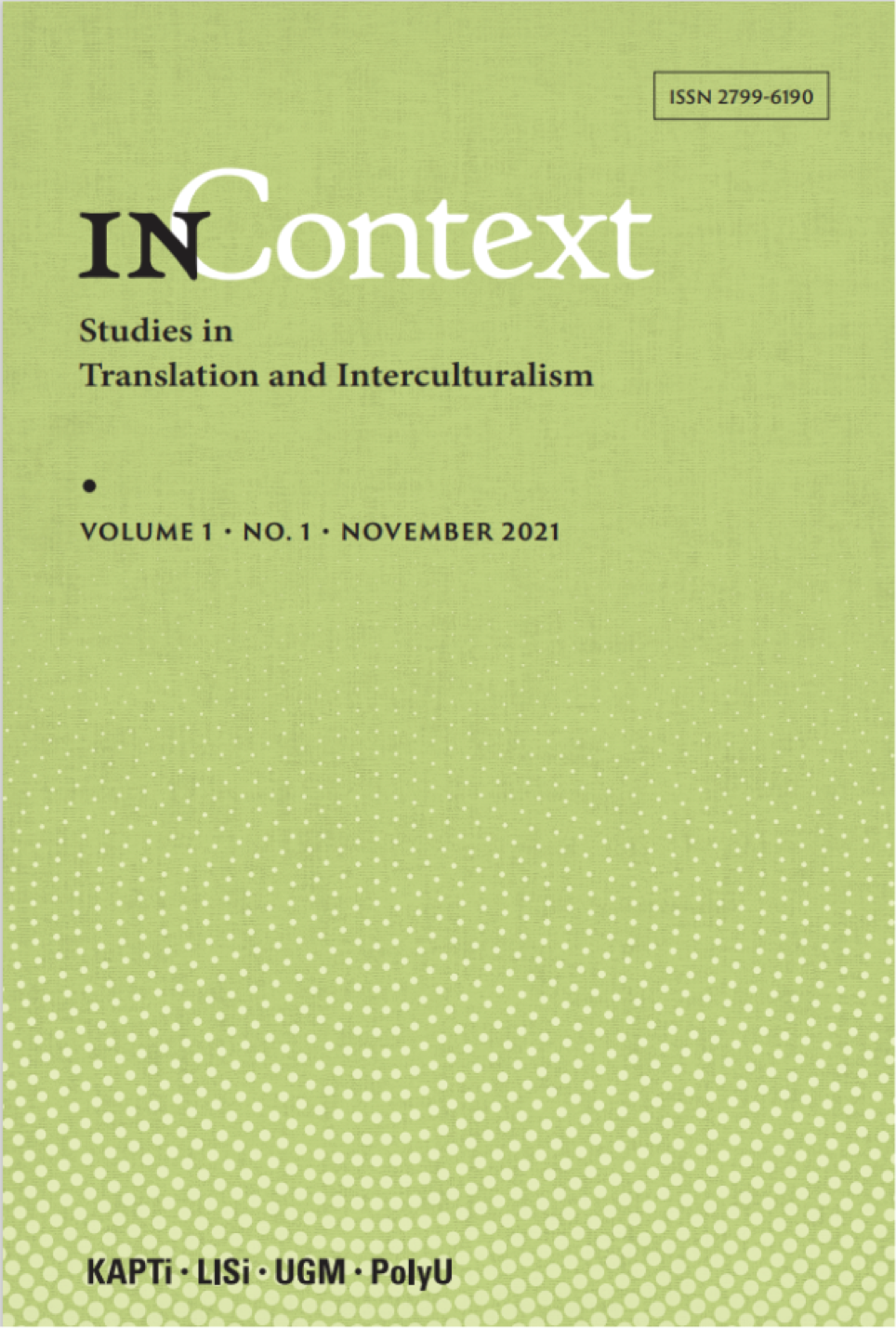
Abstract
Before the Covid-19 pandemic deeply impacted the economies and societies of Southeast Asia, Malaysia had achieved many of the goals formulated in the so-called “Vision 2020" during the era of Prime Minister Dr. Mahathir Mohamad (1981-2003). As this long-term development program emphasized strongly on knowledge society (k-society), knowledge economy (k-economy) and Information and Computer Technology (ICT), one important legacy of this era was the establishment of numerous excellent academic programs, including in technological disciplines. The post-Mahathir administrations since the early 2000s built on this asset and successfully transformed the country's Higher Education sector further, so that it attracted hundreds of thousands of international students from the early 2000s until the beginning of the Covid-19 crisis in early 2020. This paper examines the linguistic and cultural implications of Malaysia's emerging role as hub of both international Higher Education and Industry 4.0.
Current Research
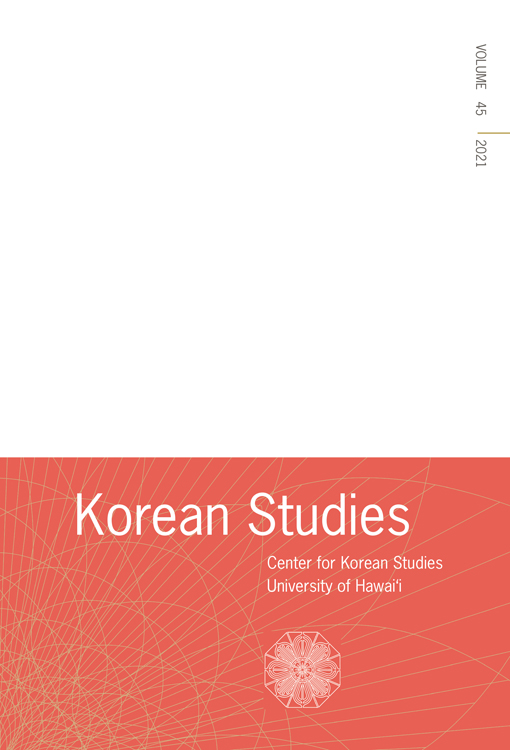
Current Research
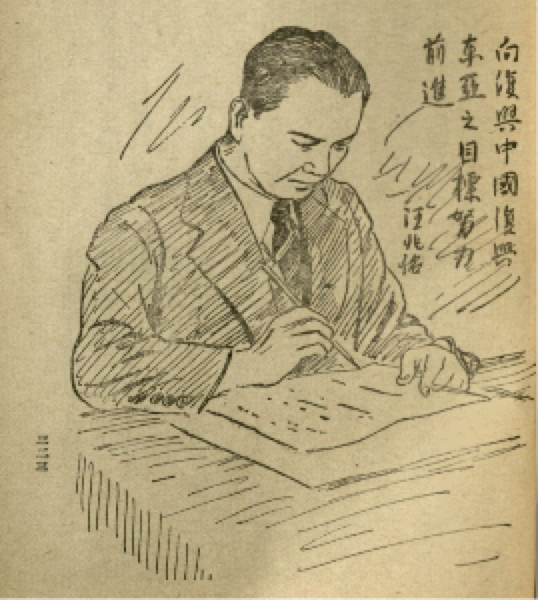
Citation:
Zhiyi Yang. “The Memory of an Assassin and Problems of Legitimacy in the Wang Jingwei Regime (1940–1945)," Harvard Journal of Asiatic Studies 80.1 (2020): 37–83.
Image Description and Credit:
Fig. Wang Jingwei in suit and tie, writing “Advance, toward the goal of China's renaissance and East Asia's renaissance!", illustration by Itō Kikuzō, 1941
Source: Yamanaka Minetarō, Shin Chūgoku no dai shidōsha, p. 323. Image courtesy of Harvard Yenching Library of the Harvard College Library, Harvard University
Current Research
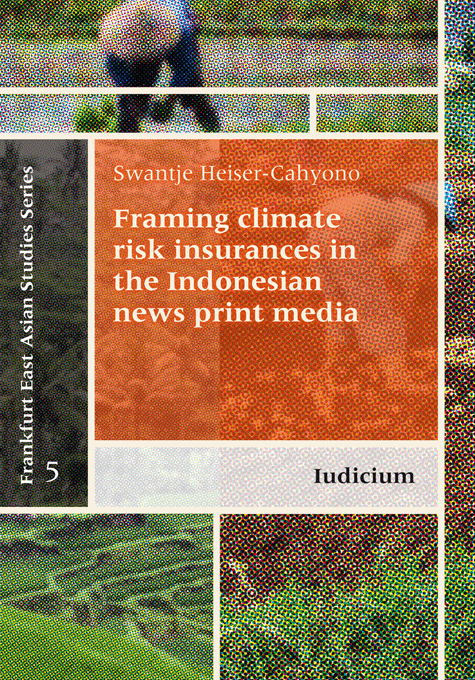
Content: In the context of global climate change, climate risk insurances are generally highlighted as a key element of adaptation to and management of global climate risks. This research is concerned with Indonesia's approach to such insurances and discusses the country's motivation to implement a national climate risk insurance programme. By drawing on media theories on frames and framing and by using frame analysis, this study identifies six frames that the Indonesian government and/or Indonesian journalists apply with regard to interpreting climate risk insurances, and locates the results in the wider international discourse. In addition, the analysis of both governmental and journalistic frames also allows to assess the present relation between the government and the press, which looks back at a very specific interconnection due to Indonesia's socio-political history.
More information on the iudicium website.
Current Research
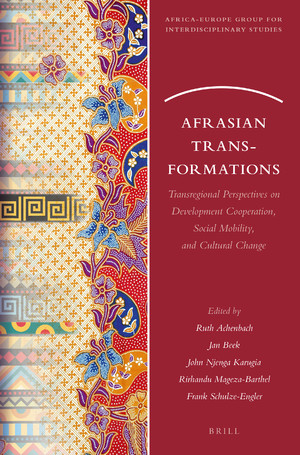
The final volume of the externally funded project Africa's Asian Options (AFRASO) has been published by Brill Academic Publishers.
Ruth Achenbach, Jan Beek, John Njenga Karugia, Rirhandu Mageza-Barthel, and Frank Schulze-Engler (Hg.): Afrasian Transformations: Transregional Perspectives on Development Cooperation, Social Mobility, and Cultural Change, Brill, 2020.
African-Asian interactions contribute to the emergence of a decentred, multi-polar world in which different actors need to redefine themselves and their relations to each other. Afrasian Transformations explores these changes to map out several arenas where these transformations have already produced startling results: development politics, South-South cooperation, cultural memory, mobile lifeworlds and transcultural connectivity. The contributions in this volume neither celebrate these shifting dynamics as felicitous proof of a new age of South-South solidarity, nor do they debunk them as yet another instance of burgeoning geopolitical hegemony. Instead, they seek to come to terms with the ambivalences, contradictions and potential benefits entailed in these transformations – that are also altering our understanding of (trans)area in an increasingly globalized world.
Contributors include: Seifudein Adem, Nafeesah Allen, Jan Beek, Tom De Bruyn, Casper Hendrik Claassen, Astrid Erll, Hanna Getachew Amare, John Njenga Karugia, Guive Khan-Mohammad, Vinay Lal, Pavan Kumar Malreddy, Jamie Monson, Diderot Nguepjouo, Satwinder S. Rehal, Ute Röschenthaler, Alexandra Samokhvalova, Darryl C. Thomas, and Sophia Thubauville.
For more details see https://brill.com/view/title/56548
- Studying at Goethe University
- International applicants
- Faculties
- Overview of study programmes
- Programme for refugees
- GRADE
- Goethe Business School (continuing education)
- Research at Goethe University
- Scientific news
- Goethe Welcome Center (for international researchers)
- Collaborative research projects
- Individual research
- Visiting fellowships
- Endowed chairs
- About the University
- News-in-brief
- University administration
- Campus locations
- Campus life
- University archives (German)
- Rhine-Main-Universities

